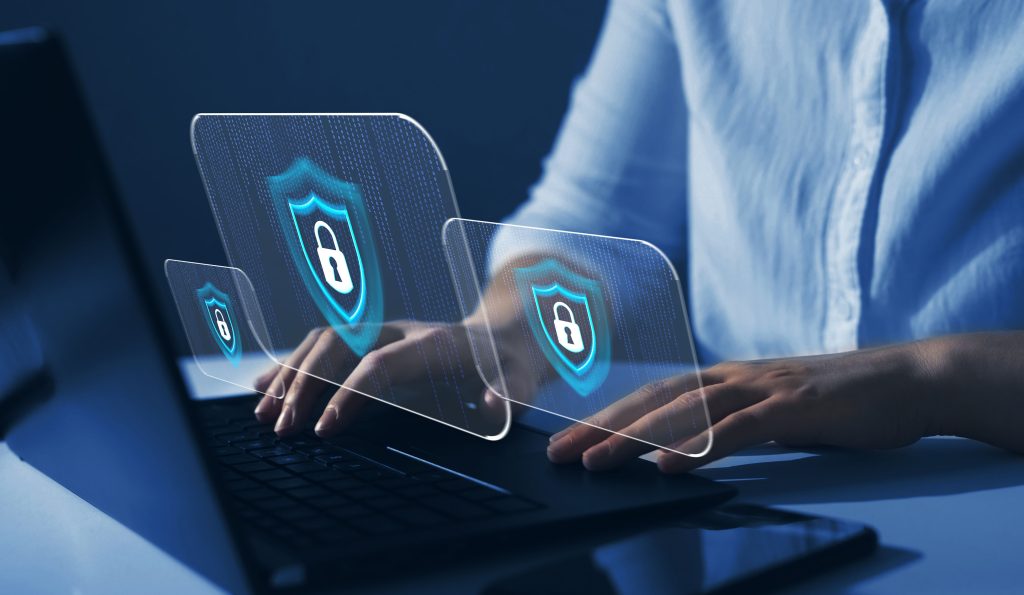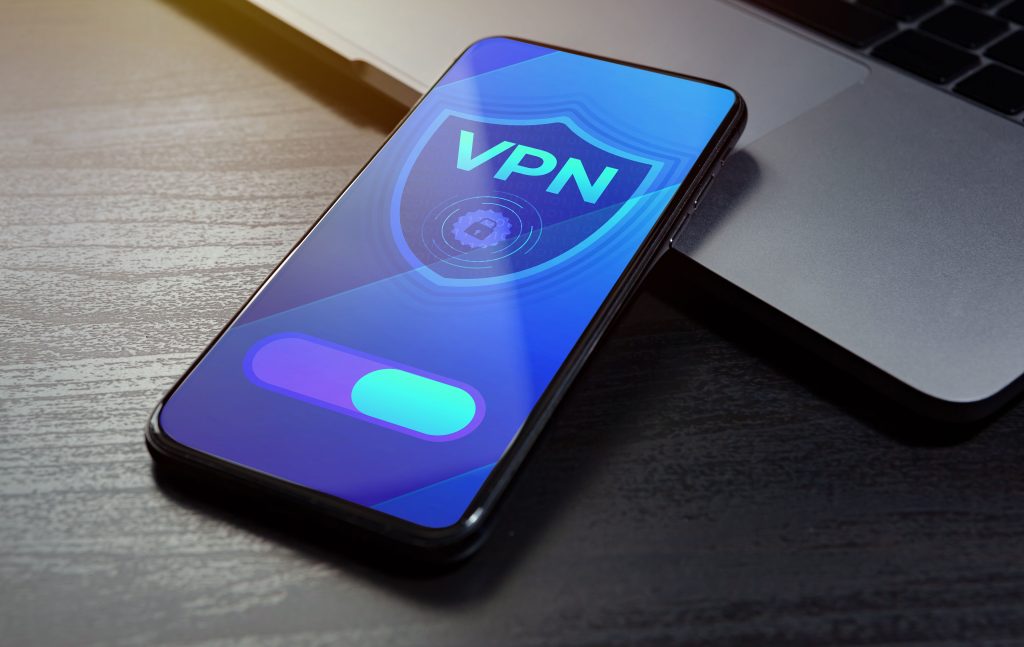Some disable their antivirus before playing online games because they believe it gives them smooth gameplay, the highest FPS (frames per second) possible, and reduced lag.
Some functions of antivirus software can indeed interfere with your gaming experience, such as scheduled system scans, notifications of stopped threats, or virus database updates.
Disabling antivirus software might seem like a viable option in the short term. But at the end of the day, it can’t be justified due to advancements in antivirus software and the introduction of “gaming mode.”
Studies have shown that the normal functions of antivirus that monitor for viruses and malware don’t diminish system performance when you’re playing games.
Keeping your PC protected with antivirus software during gaming sessions helps you avoid many threats that are specifically affecting the world of online gaming.
The Rise of Online Gaming
Once dismissed as a fad, online games have become the dominant form of entertainment. Did you know that online gaming revenue dwarfs both movie box office and recorded music revenue?
Games like Minecraft and Fortnite have hundreds of millions of active users alone.
Harnessing the power of the internet has changed gaming forever. It’s opened up astounding creative possibilities for game developers.
Online gaming also exposes people to a variety of dangers. The internet has provided the means for these threats. The explosion in popularity of gaming has made gamers an attractive group to target for bad actors.

Gaming Mode to the Rescue
To give gamers the best possible experience while keeping their systems safe, a lot of security software offers “gaming mode.”
This ensures that scans and updates are delayed until the gaming session Is over. Additionally, gamers aren’t interrupted by notifications when it’s enabled.
Gaming mode is one of the top features gamers should look for in antivirus software. Understandably, people don’t want to compromise gameplay to protect their PC, and with this feature, they don’t have to.
Bad Tech Experiences Dictating Future Actions
Some gamers have experienced headaches with antivirus and games conflicting in the past, thus it’s driven them to disable their antivirus to avoid reliving them.
One surefire way to make antivirus a nuisance is to install third-party antivirus software while keeping Windows Defender enabled. In this case, two is not better than one. Having two security solutions running won’t double or even increase the level of protection. However, it will almost certainly double the number of scans, notifications, and actions taken by each piece of antivirus software.
It never hurts to check how your antivirus is configured to make sure it considers your gaming habits. A full system scan once per week is sufficient for many, and it’s far less likely to interrupt a gaming session than daily scans. Schedule scans at a time when you don’t play games.
Forgetting to Reenable Your Antivirus
Another reason disabling your antivirus isn’t a good strategy is there’s always the possibility that you forget to reenable it after a gaming session. Let’s face it, after a particularly long or intense stretch of gaming, it’s easy to exit the game and move on to thoughts that couldn’t be further than your antivirus software.
You can certainly forget to disable “gaming mode” in your antivirus too. However, your PC is still well-protected if you do.

Common Threats that Gamers Face
Phishing: Many are familiar with phishing as it relates to email, social media, and the web. Fewer people are aware that scammers also use gaming platforms or even the games themselves to trick people. If someone messages you and asks for confidential information it isn’t legitimate no matter how credible they may appear at first glance.
Malware: Here’s another reason to avoid downloading cheats: it’s a common way to get malware. Malware can integrate itself into legitimate pages, so it can be tricky to spot.
Viruses and trojanized games: Some files that are labeled as games aren’t games at all, they’re viruses. These trojanized titles can be found on shady websites offering free games and even legit app stores at times. On online stores, check the date of release and read the game’s reviews to confirm it’s genuine. Beware of players you don’t know offering you in-game equipment, weapons, or downloads. They could be using bait to infect your PC.
Data breaches: Any website you have an account with can be hit with a data breach. This means that cybercriminals have successfully stolen private data from a massive list of a company’s customers. The games you play and gaming platforms you use don’t need to be affected for this to become a threat. The data can be used for credential stuffing. This is when hackers use data obtained from a breach to attempt to get into your gaming account.
Spyware: It isn’t always individuals and other players you need to defend yourself from, it’s also untrustworthy gaming operations. Spyware is deployed to track the actions of unsuspecting gamers. It then can be sold to third parties they’ve never interacted with.
In-game currency theft: If you’re dedicated to an MMO and have amassed an in-game fortune and legendary items, this one is for you. Some bad actors are breaking into people’s accounts specifically to get a hold of their inventory and in-game currency. Players who have invested countless hours into advancing their characters should protect their accounts accordingly with unique, particularly strong passwords.

Conclusion
Disabling your antivirus during online gaming sessions isn’t the solution it may seem to be. If there’s a time you need that protection the most, it’s when exploring online worlds.
Check to see if your antivirus supports “gaming mode.” Once you get into the habit of using it, you’ll wonder how you managed to live without it.





